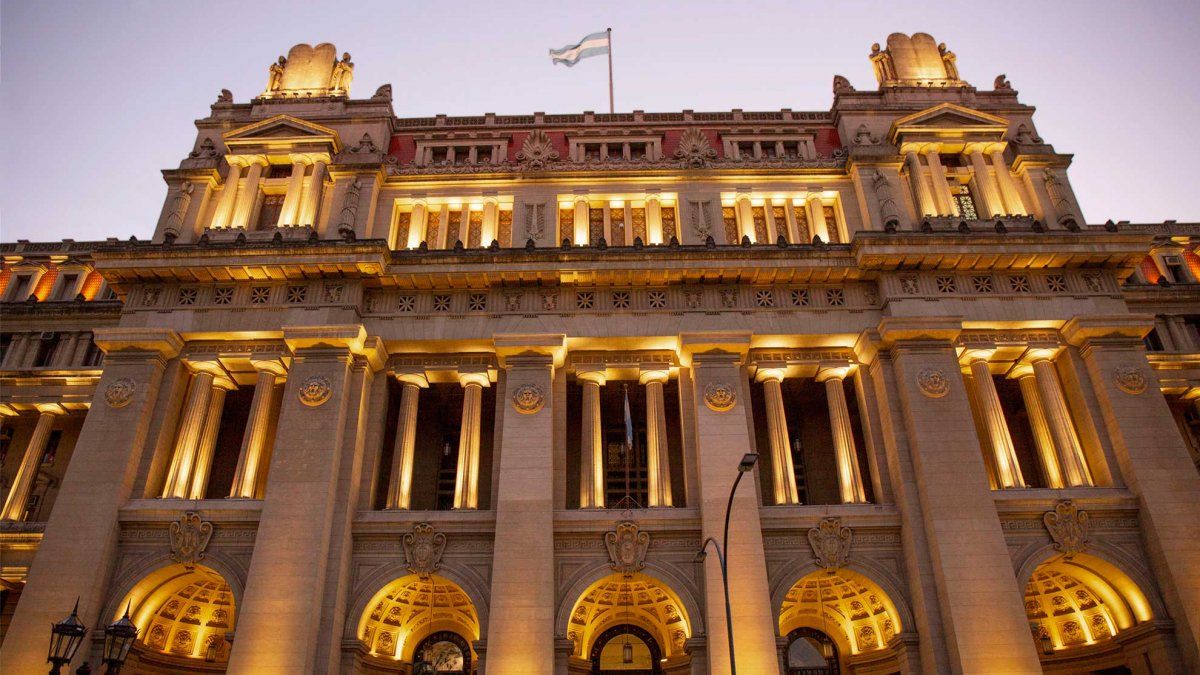In the PBB Polisur SA ruling[1]March 2024, The Supreme Court of Justice of the Nation generated an important precedent through which the actions of the General Directorate of Customs (DGA) were endorsed in the promotion of criminal complaints against maneuvers by importers who transfer excessive funds abroad in an irregular manner, with the amount of foreign currency transferred discrepancying with the invoice or customs documentation.
Although the amount of the fines subject to this ruling is not substantial, both the concepts expressed in the first and second instance judgments and the grounds of the opinion of the Public Prosecutor are crucial to validate the Customs’ actions, especially in a context of strict exchange controls and a marked exchange rate gap.
The Court makes it clear that the transfer of funds abroad for the payment of imports may give rise to the sanction provided for in article 954, section c), of the Customs Code, when such “payments” are unjustified.
- The operations and actions of Customs.
PBB Polisur SA (hereinafter “PBB”) made a transfer abroad of US$1.8 million for import operations. It then documented the import for consumption for a FOB value of US$1.6 million. In other words, there was an excess transfer of funds abroad.
Subsequently, and through resolution 465/12 of October 17, 2012, the administrator of the Bahía Blanca Customs condemned PBB to pay $293 thousand and USD 25 thousand as a fine and difference in taxes, respectively, for the infraction provided for and sanctioned by article 954, paragraphs a) and c), of the Customs Code.
Let us remember that article 954 of the CA establishes, in the face of inaccurate declarations or unjustified differences, the following fines (in regards to this case):
- Section a): a penalty for fiscal damage – taxes not paid – which implies a fine of ONE (1) to FIVE (5) times the amount of said damage.
- Section c): a penalty for the expenditure abroad of an amount paid other than that which actually corresponds, establishing a fine of ONE (1) to FIVE (5) times the amount of the difference.
In response to this ruling, PBB filed a lawsuit against the General Directorate of Customs seeking to have it declared void.
- First Instance Judgments and the Federal Administrative Litigation Chamber.
The First Instance Judge (JCAF No. 2) rejected the claim, stating that the customs service found that the importing firm made an excessive bank transfer and that “The merchandise was entered for a value lower than that actually paid, thus configuring the inaccurate declaration of article 954, section 1, subsection a) of the Customs Code”.
As far as it is of interest, the judge understood that “This outflow of foreign currency for an amount other than that which was actually due allowed – in the opinion of the customs service – the violation provided for in article 954, section 1, subsection c) to be established.” This decision was appealed by PBB.
In a unanimous ruling, Chamber I of the Federal Administrative Litigation Court upheld the ruling of the previous instance, understanding that the importing firm could not prove that the excess amounts charged were applicable to other imports.
- The opinion of the Public Prosecutor’s Office – Attorney General’s Office of the Nation and the ruling of the Supreme Court of Justice.
The Public Prosecutor’s opinion rejected the extraordinary appeal filed by PBB, validating what had been resolved by the previous instances by arguing that “There was evidence of a currency outflow for an amount different from that declared in the customs operation”“and reiterating the Court’s jurisprudence in the sense that the protected legal asset that sanctions inaccurate declarations before the DGA is the principle of truthfulness and accuracy of the declaration of the merchandise subject to a customs destination (Rulings: 315:929; 321:1614; 325:786, 830 and 333:300, among others).
In particular, and with respect to article 954, section 1, subsection c), it brings up what was held by the Supreme Court in the sense that “…the primary function of the customs agency is to ‘exercise control over the international traffic of goods’, for which purpose The audit of the correspondence between the amounts arising from the declarations committed by those acting in this field and those attributable to the operations actually carried out cannot be indifferent.. It is from this broad perspective, which exceeds the strictly tax-raising purposes -protected by section a) of article 954- and is linked to and consistent with the exercise of the police power of the State (see concurring vote of judges Belluscio and Petracchi in the precedent “Subpga”, already cited), as the provisions of section c) of the cited article must be appreciated, whose text, moreover, does not authorize a contrary interpretation since it refers to amounts other than those that actually correspond -which obviously covers both the differences in plus and minus- whether it is a question of import or export operations or destinations. (Rulings: 321:1641, cons. 7°; criterion reiterated in Rulings: 322:355, among others).
Finally, the Supreme Court held that the issues raised were correctly examined in the opinion of the Public Prosecutor and agreed with these arguments, dismissing the complaint of the importing firm.
Although the fines confirmed by this ruling are not significant, the arguments put forward in the first and second instance rulings and the grounds of the opinion of the Public Prosecutor are very relevant to the actions of Customs, especially in times of exchange controls and exchange rate gaps.
This criterion takes on special relevance due to the countless complaints made by Customs on this line, especially in the period from August 2022 to December 2023.
To understand the importance of this endorsement of the actions of Customs, it is worth noting that as of December 2023, the DGA informed the BCRA that the total amount reported for improper transfers of foreign currency abroad amounted to USD 684 million.[2]. This is in addition to the amount reported criminally for the detection of alleged maneuvers with overbilling and underbilling that could imply an improper transfer of foreign currency abroad for USD 2,317 million.[3].
[1] CAF 46353/2012/1/RH1 PBB Polisur SA c/ EN – DGA – resol. 465/12 BABL (file 664/12) s/ General Directorate of Customs.
[2] GDE. No-2023-03196343-AFIP-DGADUA. December 13, 2023.
[3] GDE. No-2023-03196353-AFIP-DGADUA. December 13, 2023.
Source: Ambito
David William is a talented author who has made a name for himself in the world of writing. He is a professional author who writes on a wide range of topics, from general interest to opinion news. David is currently working as a writer at 24 hours worlds where he brings his unique perspective and in-depth research to his articles, making them both informative and engaging.




